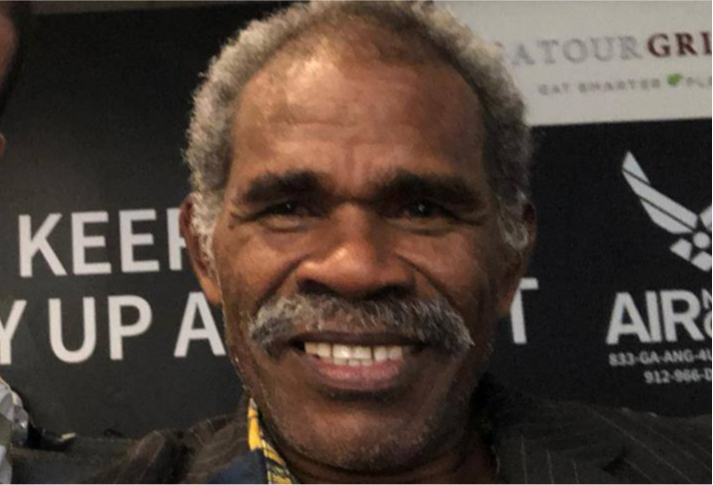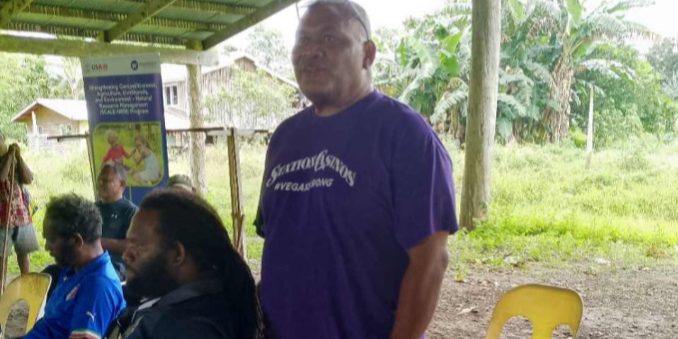THE people of the Langalanga Lagoon in Malaita Province’s Aoke-Langalanga Constituency have long been affected by climate change, given the artificial island environment which they are living and for them, turning to carbon trade is not an option.
With the United States (US) funded Winrock SCALE-NRM (Natural Resources Management) now under the leadership of Steven Suti Agalo, a man who already championed carbon trading in Babatana land in Choiseul Province, it is a golden opportunity for the inhabitants of lalana island and the entire Langalanga lagoon to also venture into carbon trade.

In a community awareness and consultation program held in Steven Suti Agalo’s own homeland of Lalana Island in the langalanga lagoon on Tuesday 3rd September, the people of Lalana and all other islands in the lagoon have reached the consensus to venture into carbon trading and the most pressing factor prompting them to take this decisive step is the effects of Climate Change on their environment.
Some of the artificial islands in the lagoon have already been inundated by sea-level rise and people are migrating to other artificial islands that are still unsubmerged.
One of the islands that was submersed is Laulasi, whose people have migrated to Lalana, and given this experience, the people of Lalana have taken a bold stand on venturing into carbon trade.
It is real that climate change and sea-level rise have adversely affected the lives of the Langalanga Lagoon people but they themselves do contribute to their predicament for their heavy reliance on key components of the marine ecosystem for their daily sustenance.
Living on artificial islands, these people heavily rely on mangroves for food, firewood and timber and moreover, artificial islands are built from coral blocks.
These factors are the key reasons why the people have taken the decisive decision to register their lands for carbon trading as the overharvesting of mangroves and coral blocks have doubled the threat of climate change-induced sea-level rise.
According to Mr Suti Agalo, the people of Babatana land in Choiseul are already benefitting from carbon trade, receiving 1 million annually and he said the amount is climbing to SBD2.5 million per annum.
He said it took him 13 years to register the Babatana Rainforest Conservation Project from 2008 to 2021 and now the people of Babatana are reaping the rewards from carbon trading.
Mr Sutiagolo and his business partner Dr Wale Tobata, under their private Non-Government Organization called the Baraitolo Nature and Natural Solutions Trust, have already registered four tribal lands in Malaita Province.
These registered tribal lands are Fouabu of East Kwara’ae, Hanosasu of East Kwaio, Rafea of East Kwaio and Saefanoa of East Kwaio.
The Batairalo Nature and Natural Solutions Trust is offering people the opportunity to benefit from carbon trade through assistance of Winrock Natural Resources Management (NRM).
The trust successfully conducted a consultation for other interested 26 tribes in Bina, West Kwaio, was this week.
The land rectification action process and alternative that the people of Langalanga want to invest in when benefitting from carbon trade are coral planting, introduction of new forms of aquaculture, pearl and oyster farming as well as sea cucumber farming and fish farming.
By IAN LADDS OSO
Solomon Star, Honiara









